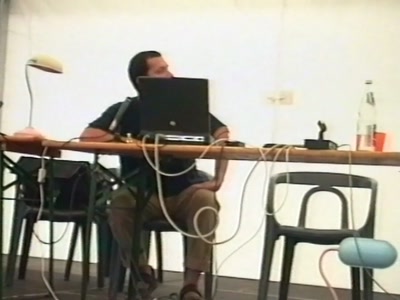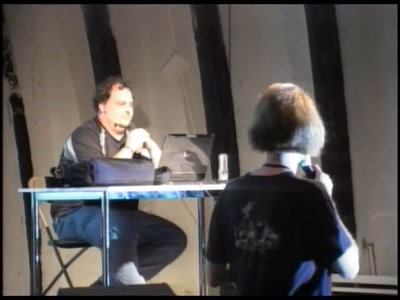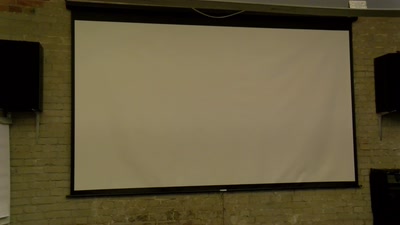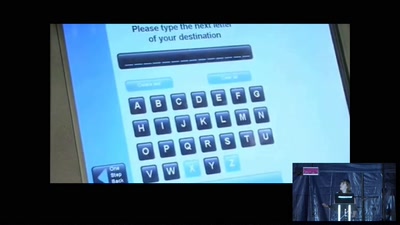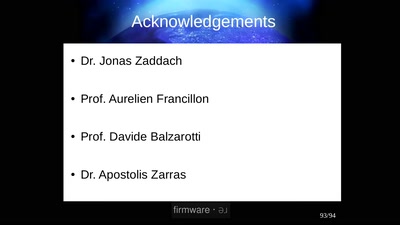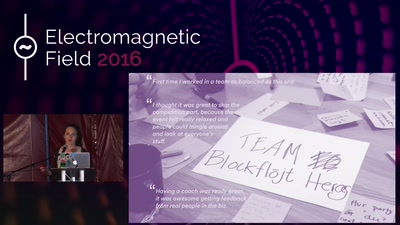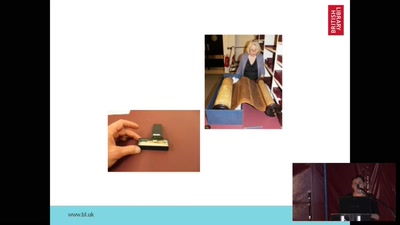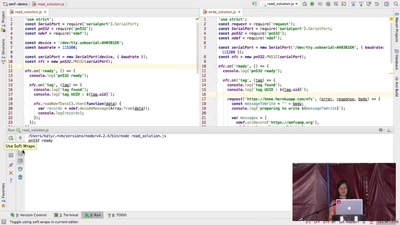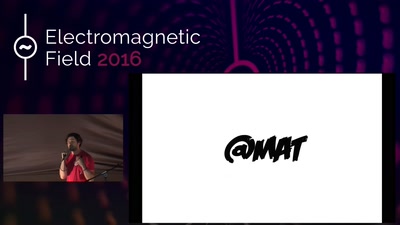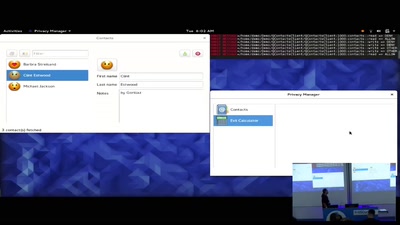If anyone can use open source software, who owns it? If noone has to pay for it, is development charity work? If you contribute code, how can you be sure you're not just giving your time to help someone else get rich?
Legally, on the whole open source is great at the licensing end but very shaky at the ownership end. It's too easy for owners to exploit the contributions of others and very hard to find a way for developers of open source to earn a day's pay for a days work. Is it a straight choice between software as a restricted, expensive product or software development as voluntary work?
I am a corporate lawyer and I believe there is a third way. I created for my client the first UK software "foundation" based on the Linux model, for a commercially viable product that happens to be owned by people who believe in the Free Software ideal. In this talk I'll take a canter through the history and philosophy of open source before explaining the legal structures that underpin it and discussing the foundation model and the way it promotes financial sustainability and long-term open source security.

